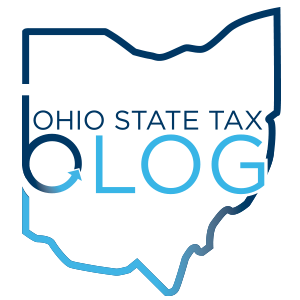Sales and Use Tax Nexus – Renting an Out-Of-State Warehouse
Much attention is given to the presence of an employee or agent in a state when analyzing whether a business has nexus for sales and use tax collection purposes on its sales. This generally causes other nexus creating activities to be overlooked. One such activity is renting a warehouse or other storage space in a state where the business otherwise does not have a physical presence. Often, a business will rent a warehouse to store its inventory without realizing that this presence, even without any employees or agents in the state, likely creates nexus for sales and use tax collection purposes.
This includes when a common carrier, such as UPS or FedEx, receives an inventory of goods on behalf of a retailer, stores those goods, and later processes shipments to the retailer’s customers. While delivery to the common carrier does not create nexus, activities beyond those customarily performed by a common carrier can create sales tax nexus. It is not always clear when the “customary common carrier” line is crossed, but it is likely that storing one’s inventory and processing shipments on its behalf crosses that line.
Therefore, businesses should be aware that renting space in a public warehouses located in a state where they otherwise do not have a physical presence, or engaging a common carrier to store and process shipments in such a state, will generally create sufficient nexus for purposes of imposing a sales and use tax collection obligation on its sales. This can lead to sufficient nexus for purposes of other taxes as well. However, at least one state, Oregon, has an exemption for inventory stored in a public warehouse which is shipped directly to customers outside the state. Please contact us if you would like us to review whether any other states have such an exemption.
